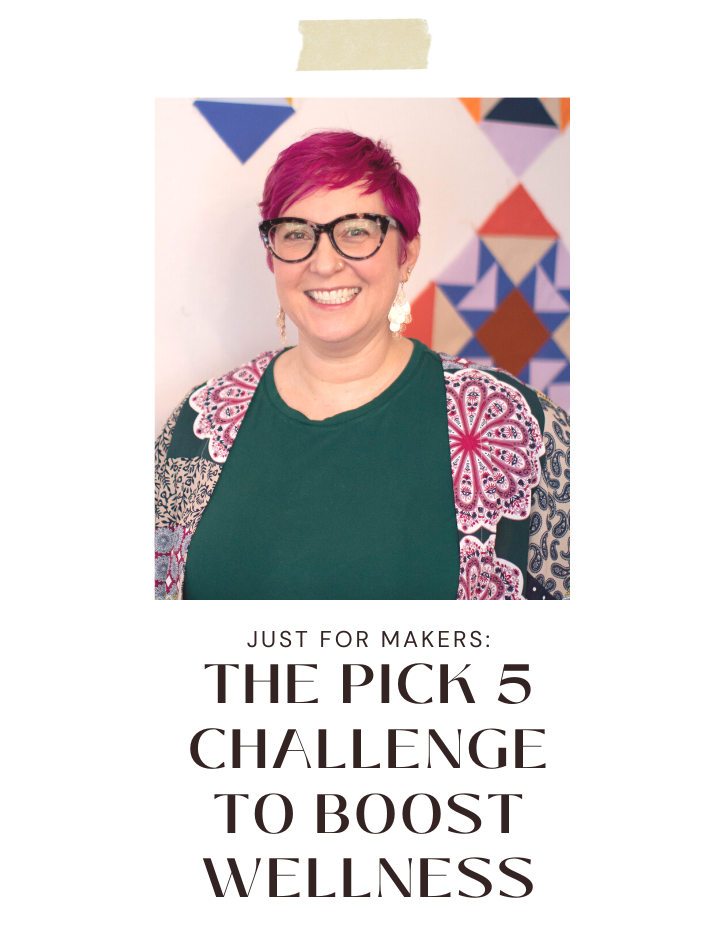One service I’ve loved providing over the years is meditation for beginners. Through the years, I’ve created dozens of meditations for lots of situations – and taught hundreds of people how to get started.
You can jump into the meditation right away, but… how about spending a few minutes with me first?
What people get wrong about meditation for beginners
Many folks are shocked when I tell them I’ve been meditating for more than 30 years, and that I started to learn the practice when I was just 16. Even with all that experience, I’m still very much a beginner in some respects.
That’s because I’m always learning, and my mind and body are always evolving. Each time I sit down, some of my cells have been replaced; there are new neural pathways in my brain. So meditation just hits different sometimes. I’ve learned to be patient with myself each time I sit.
Here are some things folks get wrong about meditation:
What works for me should work for you. Nope! Everyone’s brain is unique, so meditation will be a unique experience for them. I can offer guidelines and best practices, but I don’t assume that how it works for me will work for you.
You have to sit down while you meditate. Nope! I usually meditate lying down because it allows me to relax more deeply. You can meditate while standing, sitting, lying down and walking.
If you get thoughts in your head, you’re doing it wrong. Nope! Meditation isn’t about removing thoughts from your head. Brains gonna brain, y’all! And brains love to think. Meditation is about learning to release attachment to those thoughts.
You have to meditate for a long time to get a benefit. Nope! Even just 10 minutes a day will get you started in feeling the benefits of meditation.
You have to be in a completely silent space to benefit from meditation. Nope! While ideally it’s quiet, sometimes we can’t control noise. Just as we practice releasing thoughts while we meditate, we can also practice releasing irritation with external sounds.
Meditation has to be spiritual or religious. Nope! You can meditate purely to relax, or to train your mind to handle racing thoughts. As a Buddhist, my meditation is often a spiritual act… but sometimes I do it just because I need to chill out.

Photo by Steven Kamenar on Unsplash
Guidelines for getting started with meditation
If you’ve never meditated before (or tried it and had a difficult time) here are some guidelines for getting started in meditation:
Find a quiet space in your home where you will be undisturbed. Background noise can be disruptive so try to eliminate sources of noise.
Make yourself comfy. Don’t be shy about propping yourself up with pillows, putting on warm socks, or wrapping yourself in a quilt. (If you’re concerned you’ll fall asleep, don’t lie down.)
Start with a short meditation from a reputable source like Tara Brach, Pema Chödrön or Sharon Salzberg. Here are a bunch more to check out.
Try not to get frustrated when your mind has thoughts during meditation. Especially in meditation for beginners, we expect thoughts to keep coming into the mind. Practice noticing your thought (“hello, thought!”) and releasing it. They will keep coming, and that doesn’t mean you’re doing it wrong. Just keep releasing it.
Recognize that even experienced meditators sometimes have bad days and it’s OK if you try to meditate and you just can’t get quiet. If a persistent thought won’t go away, pause and write it down. They try meditating again. It’s in the practice where we begin to learn how to train our mind to get quieter.
How meditation helps your creativity
Meditation is KEY to creative resilience and boosting brain power. If you’re a creative person (or aspire to be), meditation can help.
By learning to recognize when you have a thought (or an idea) you can begin to choose what to focus on – instead of being at the whim of your brain. This is called discernment, and is a key element of focused work. If you’re able to pick and choose what to think about, you’re better able to hone in on the task at hand.
When we spend time daily getting quiet mentally, we’re also calming down our nervous system. Our body is more grounded and centered, so we’re more likely to work creatively from a place of strength.
Daily meditation can help improve the quality of our sleep, which improves mental and physical function needed for creative work.
We can use guided meditations to boost creativity and even focus on a specific creative project.
Where to learn more about meditation for beginners
Are you ready to give it a shot? You can start here by using my Meditative Forest recorded meditation. Or head to either of my two favorite apps, Insight Timer and Audio Dharma, to try some of their meditations.
And if you’d like to learn more, you can message me for specific resources or even a coaching session on meditation for beginners.
What will you try first? I can’t wait to hear how it goes for you! Hop into the comments below and tell us what you think once you’ve given it a try. (Or offer resources for other folks who are learning, too.)

